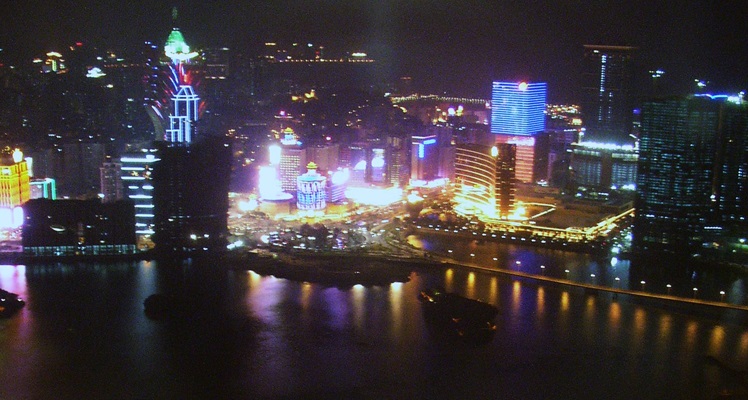Macau casinos reported approximately 44,000 more instances of refusing entry to underage individuals in the first ten months of this year than all of 2015, according to Portuguese news agency Lusa.
Through October 2016, Macau casinos reported refusing to allow entry to 280,000 individuals under the age of 21, versus approximately 236,000 refusals in all of 2015, according to a report issued by the Gaming and Inspection Coordination Bureau, the local regulator.
In November 2012, the new minimum age for entry into casinos increased from 18 to 21 for residents in Macau, while the legal gambling age for foreigners remains 18 years of age. The law was designed to encourage high school graduates to continue their education rather than choose employment as a casino dealer. In order to work as a dealer in the city’s casinos, a Macau ID is required.
According to the law, individuals under the legally required age of 21 who either work at or gamble in a Macau casino are subject to a fine of MOP1,000(US$125) up to MOP10,000. Casino operators are subject to a fine of between MOP10,000 and MOP500,000 for permitting entrance to anyone under the age of 21 or employing an individual under the legal age.
Currently, the government of Macau, officially the Macao Special Administrative Region of the People’s Republic of China, is considering the introduction of a new rule that would bar those employed by casinos from engaging in any activity related to gambling during non-working hours. Investment analysts estimate that the contribution to Macau’s gross gaming revenue from local players is small by percentage.
Macau’s biggest source of income, gambling comprises about half of its economy. The majority of visitors to the autonomous region are Chinese nationals from Hong Kong and Mainland China, according to Wikipedia. In 2006 Macau posted higher revenues than Las Vegas and is now the richest casino destination in the world. In 2013, Macau’s then 35 casinos generated approximately HKD $348.9 billion (US$45 billion) in gross gambling wins; more than all of the casinos in the US combined.
Known around the world as the ‘Vegas of China’, the Macau Special Administrative Region is the only place in China where gambling is legal, other than two state-sanctioned lotteries.
Macau’s six licensed casino operators recently reported a mass-market resurgence for third quarter increasing by 3.9% year-on-year, while VIP games accounted for 44% of its aggregated gross gaming revenues.



